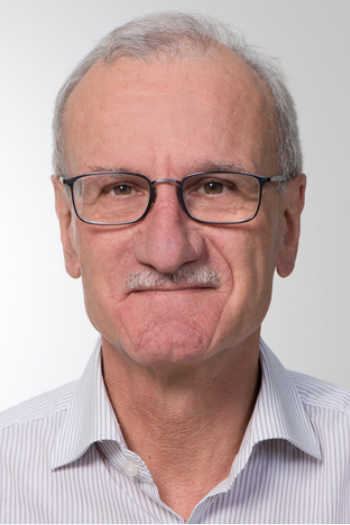Lecture: «Asymmetric Hydrogenation with Chiral Iridium Catalysts»

Prof. Andreas Pfaltz (Department of Organic Chemistry, University of Basel, Switzerland)
CiQUS Seminar Room - 12:15 h.
Iridium complexes with chiral P,N ligands have considerably enhanced the scope of asymmetric hydrogenation. The catalysts are readily prepared, air-stable and easy to handle. In contrast to rhodium and ruthenium diphosphine complexes, they do not require a coordinating group near the C=C bond and, therefore, allow highly enantioselective hydrogenations of a wide range of unfunctionalized tri- and even tetrasubstituted alkenes. In addition, they have also been successfully used for the hydrogenation of various functionalized olefins, heterocycles such as furans and indoles, and imines. In this lecture practical and mechanistic aspects, the scope, and new applications of this catalyst class will be discussed.
About the speaker
Prof. Pfaltz is a professor of Chemistry at the University of Basel, Switzerland and member of the Board of Editors of Organic Synthesis and the Research Council of the Swiss National Science Foundation. The major scientific interests are in the area of asymmetric catalysis, with the main goal of developing chiral catalysts, which control a chemical reaction in such a way that one of two enantiomers (two molecules with mirror-imaged structures) is formed with high preference over the other. Catalysts that have emerged from this research have found numerous applications. In particular, iridium complexes with chiral phosphorus-nitrogen ligands, which were the first catalysts that allowed highly enantioselective reductions of unfunctionalized olefins, have led to a breakthough in asymmetric hydrogenation. In another line of research a new mass spectroscopic screening method was developed, which opens up new possibilities for the discovery and optimization of chiral catalysts.



